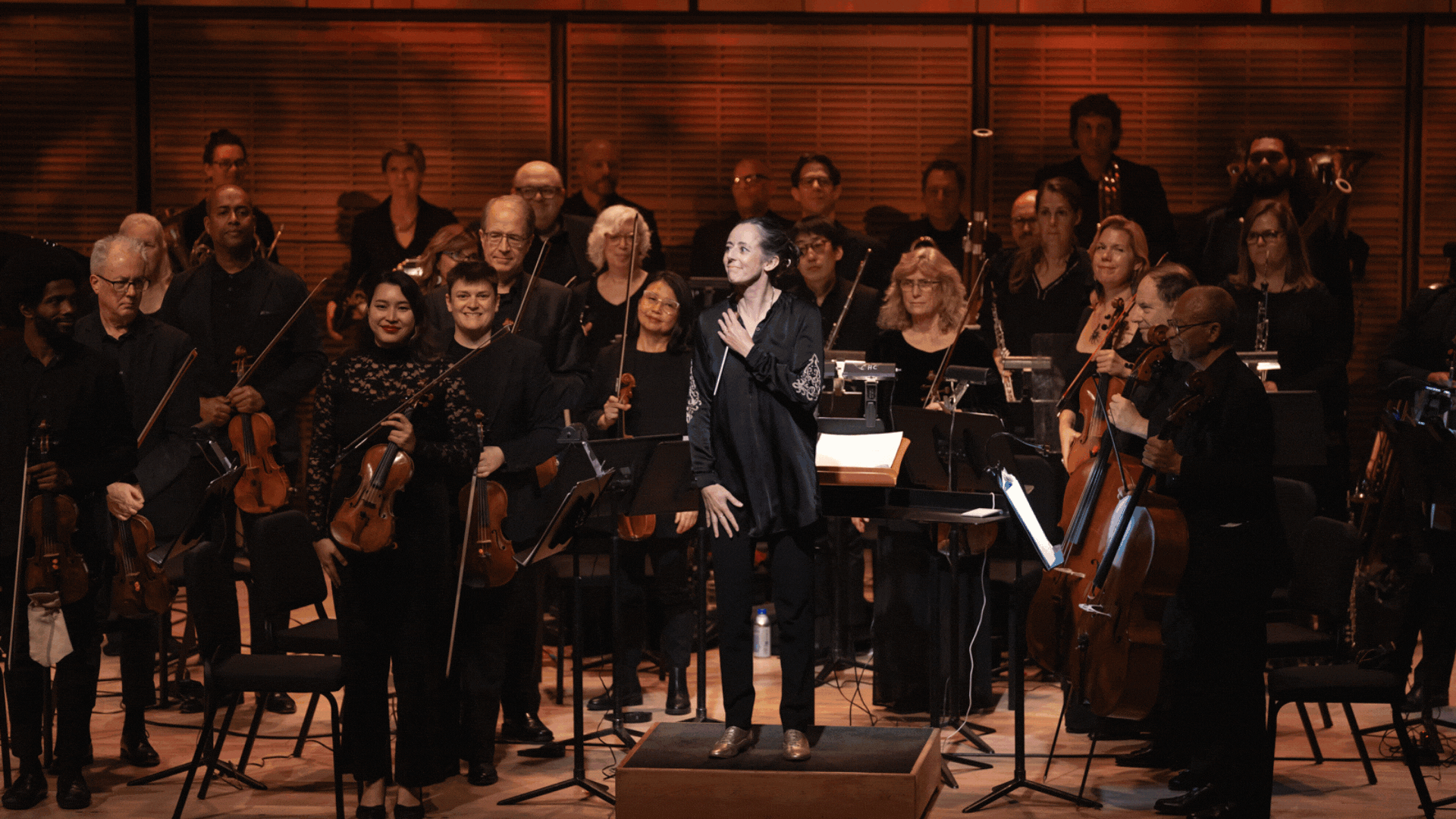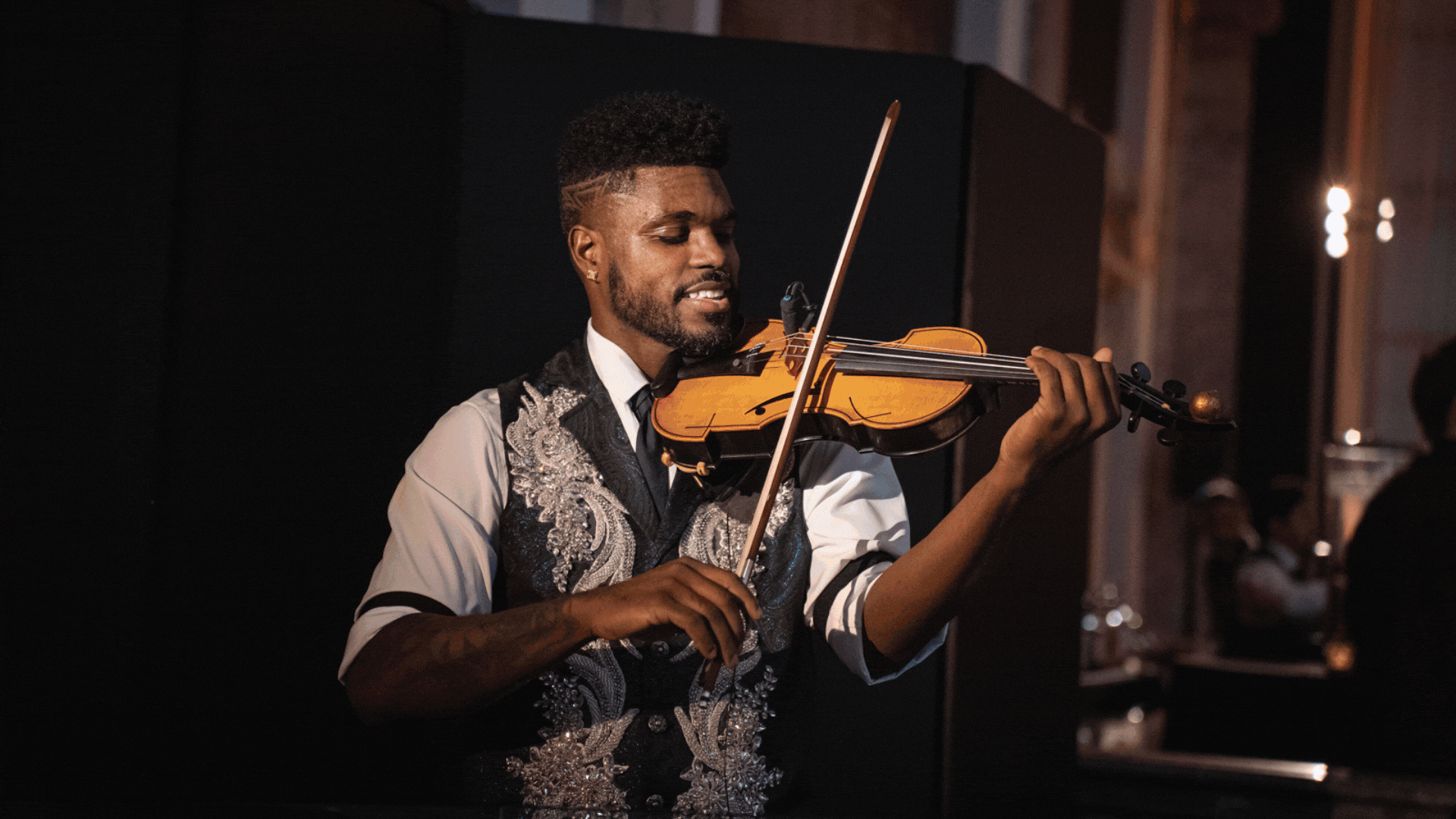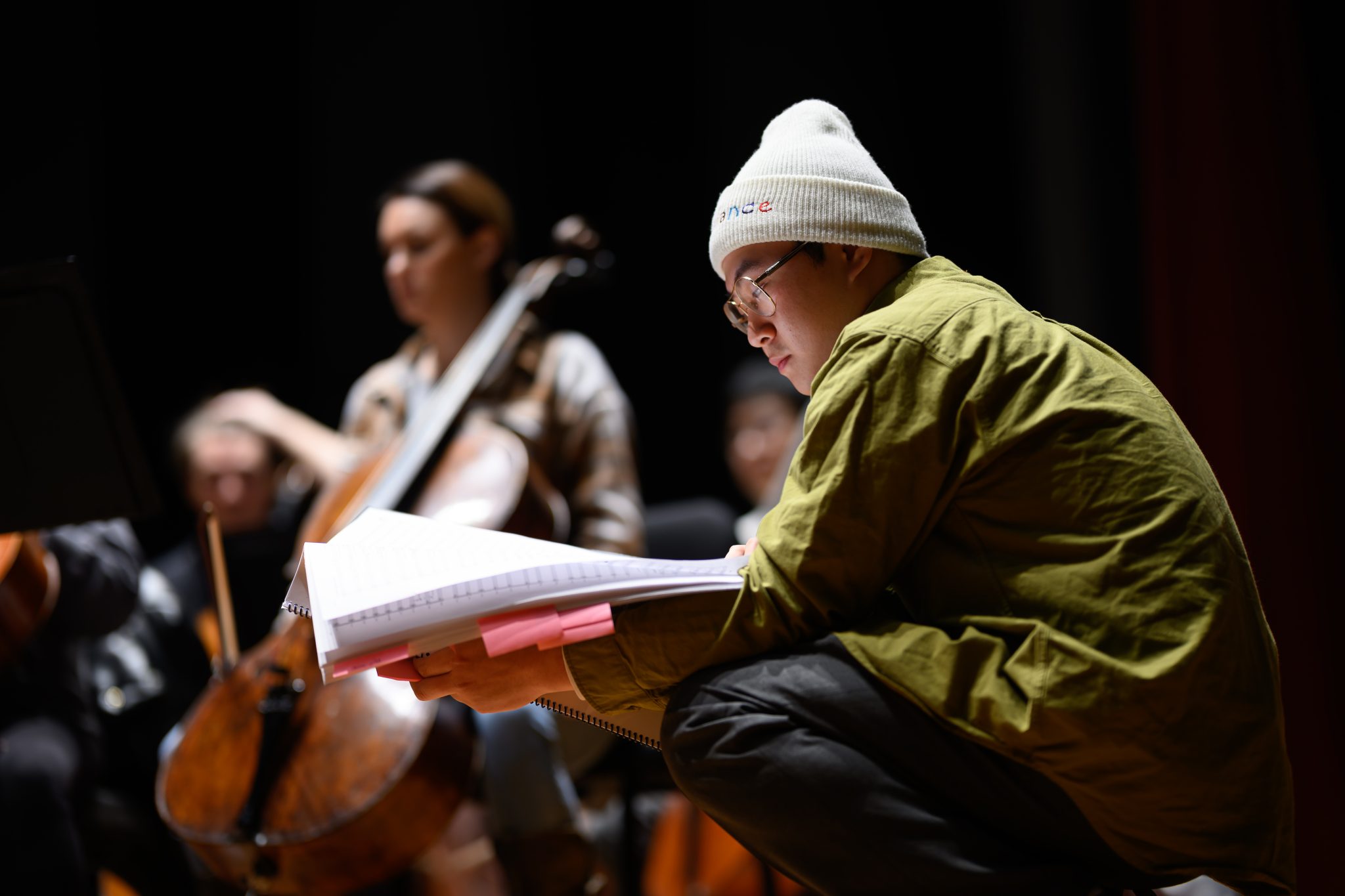Orchestra Underground: Monk's Sphere Composer Spotlight – Theo Bleckmann
Composer Theo Bleckmann's My Brightest Garment will have its world premiere at American Composers Orchestra's Orchestra Underground: Monk's Sphere concert on November 21 at Zankel Hall, Carnegie Hall. Theo has kindly shared with us the personal story that has inspired his work and some of the strategies he used in the writing process.

Vocalist and Composer Theo Bleckmann
American Composers Orchestra: What was the inspiration for My Brightest Garment? Can you tell us about your creative process for this piece?
Theo Bleckmann: The inspiration behind this piece was the recent death of two close friends. The idea that we exist one day and are completely gone the next really hit me hard. Whatever one believes in, the mere fact of dying on earth suddenly seemed like a magic trick to me. How could we be so present and real one moment, and irrevocably gone the next? I found there to be a strange beauty. I wanted to write an exuberant piece of celebration, not a dirge.
The piece started out with a 5-bar, repeated harp-and-piano counterpoint sketch, that very quickly evolved into a full form with some orchestration. The real work began then: I amended, changed, tweaked, switched, refined, obsessed, went back, filled in for months and months, a seemingly infinite process. I wanted to have something that was static while shifting colors, sometimes abruptly, sometimes with a sleight of hand.
ACO: Did you encounter any unusual challenges in writing this work? If so what were they and how did you resolve them?
TB: This is my first commission for large orchestra, so I had to really familiarize myself with instruments I had never written for before. Some of them came easier to me, like the tuba e.g., others I had to research quite extensively and really figure out what is feasible and what is too ambitious. Composer and orchestrator Kirk Nurock was very helpful in this process, as I went to take lessons with him, especially for this piece.I also talked to friends who are virtuosos on their instruments. I consulted with them about all kinds of details and asked them to play sections for me to hear - it was very tempting to write endless extended techniques, especially considering the high caliber of players in ACO, but somehow the piece wanted to be much simpler and less oblique - more like a dance - so I followed that.
ACO: You describe My Brightest Garment as “an orchestral song about death as a vanishing act, a magic trick of sorts; pondering the ‘now you see it - now you don’t’ aspect, while wearing the most beautiful, brightest garment to pull it off.” How will your use of live electronic processing help achieve this concept in your piece?
TB: The live electronic looping I do is very simple and direct, technically speaking. There is no laptop or hidden hardware anywhere. I push a button, sing into the machines and out comes the music. I want there to be very little worry in the listener’s mind as to what is going on. I want them to see and hear that what is being created is happening right now and that it is not pre-recorded or hidden from them behind a screen.
When we die, not much is left of us except for the people we affected and the things we owned or made. I came to realize that audio recordings are an eerie residue of a person’s soul. With the live looping I’ll be doing, I am capturing the now to be re-lived later, which is very much like looking at a photo of someone you lost.
ACO: What should the audience listen for during your piece?
TB: There is no homework or checklist for this piece. I hope for the listener to enjoy it and relax into the music, be surrounded and immersed by the sounds and words.
Follow Theo on Facebook, Twitter, YouTube
www.theobleckman.com
www.americancomposers.org
Corporate gifts to match employee contributions are made by Goldman Sachs, Deutsche Bank, Triton Container International Incorporated of North America, and Neiman Marcus.
Public funds are provided by the New York City Department of Cultural Affairs in partnership with the City Council, and the New York State Council on the Arts with the support of Governor Kathy Hochul and the New York State Legislature, Office of Brooklyn Borough President Reynoso, and the National Endowment for the Arts.






